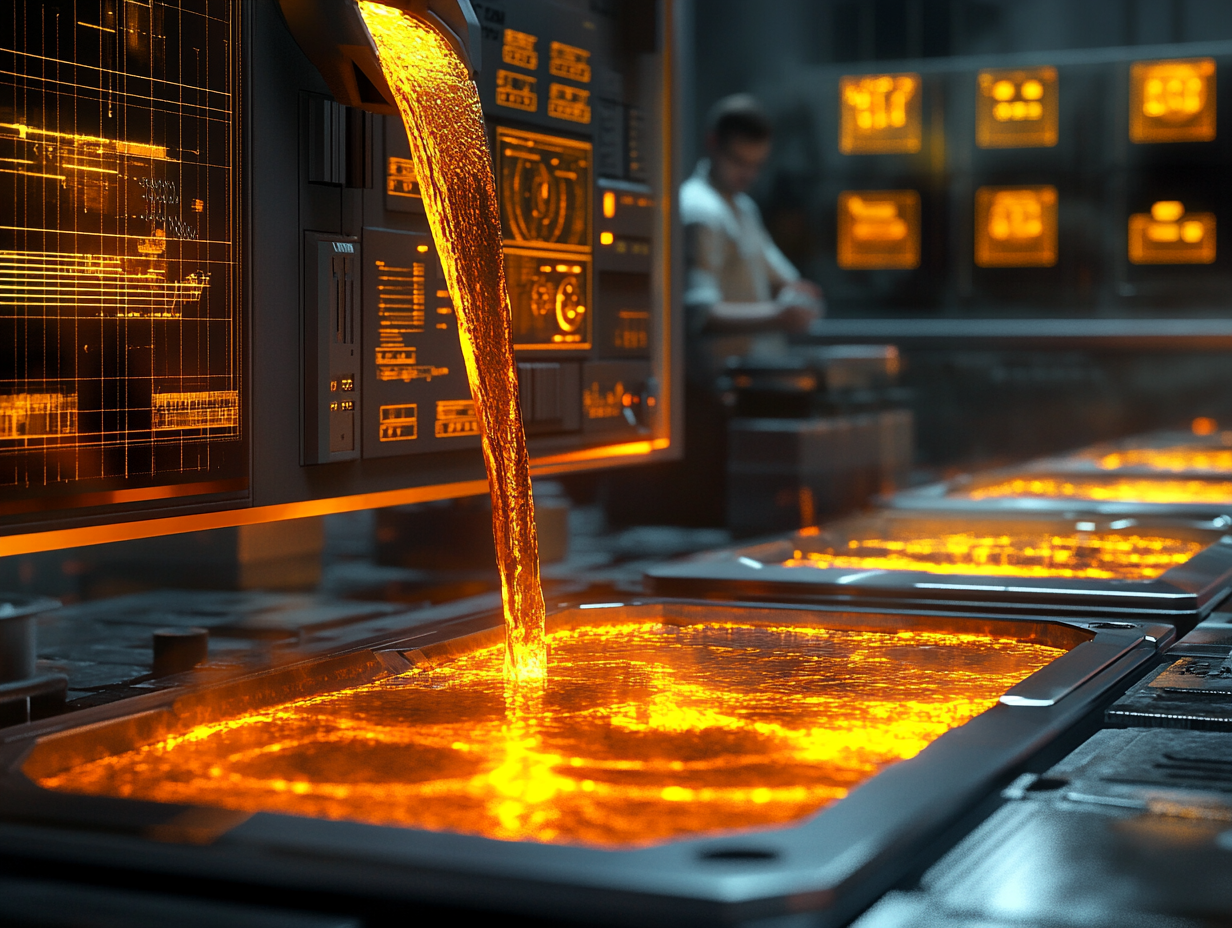

Materials used in casting significantly influence the durability, performance, and cost-effectiveness of the final product. Choosing the right material not only enhances quality but also improves production efficiency. Here are key considerations and commonly used materials for casting parts:
1. Selecting Materials Based on Purpose
The intended application of casting parts is the most critical factor in material selection. For example:
- High Strength Requirements: Steel and steel alloys are ideal.
- Corrosion Resistance Needs: Stainless steel or acid-resistant materials are preferred.
- Lightweight and Conductive Applications: Aluminum or magnesium alloys are suitable.
2. Ease of Manufacturing and Cost Impact
The chosen material should simplify production processes and optimize overall costs. For instance, ductile iron offers a cost-effective solution with excellent durability.
3. Resistance to Environmental Conditions
Casting materials must withstand environmental factors like temperature, humidity, and chemical exposure. For marine applications, corrosion-resistant steels are essential.
4. Industry-Specific Material Solutions
Each industry has unique requirements for casting parts:
- Automotive: High-temperature-resistant steels and aluminum alloys.
- Medical: Biocompatible and sterilization-friendly stainless steels.
- Aerospace: Lightweight and high-strength titanium alloys.
Conclusion
Choosing the right material for casting parts determines their durability, performance, and economic value. By selecting materials based on purpose, environmental conditions, and industry needs, manufacturers can optimize production processes and deliver superior results to their customers.

